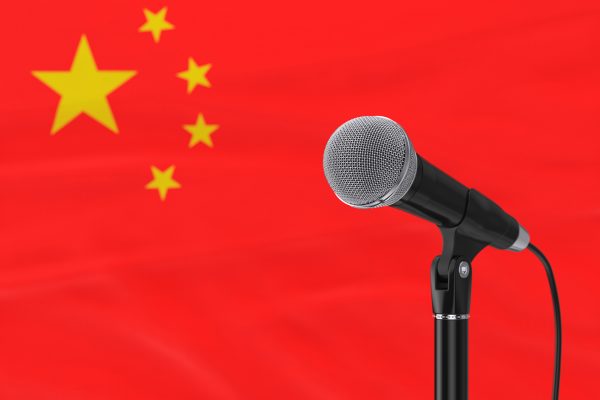Chinese lending spree in poorer countries, particularly in Africa, poses a serious danger that could plunge the world into the next financial crisis, German Chancellor Olaf Scholz warned.
“There is a really serious danger that the next major debt crisis in the global south will stem from loans that China has granted worldwide and doesn’t have a full overview of because there are so many players involved,” Scholz said.
“That would then plunge both China and the global south into a major economic and financial crisis and, incidentally, would not leave the rest of the world unaffected, to put it politely. So, this is a serious concern.”
Critics have long accused China of luring lower-income countries into debt traps by offering huge unaffordable loans while Chinese money was building African roads and universities and increasing Beijing’s clout on the continent. Scholz said he was pushing for China to join the Paris Club of creditors, which have common terms on how to handle countries that get into trouble.
“One of the very, very big ambitions we have is to bring China in, as a country that is lending a lot in new ways,” he said. He also pointed to the European Union’s recently unveiled Global Gateway initiative, which is in part aimed at countering China’s influence. Under the plan, the EU aims to invest more than 150 billion euros in Africa, in areas ranging from renewable energy to transport, vaccine production and education. The ambitious scheme is widely seen as a response to China’s mammoth Belt and Road infrastructure project.
Beijing disputes the charge, arguing that its loans are designed to alleviate poverty.
Chinese debt traps in Africa? The bigger worry is bondholders, study finds
According to a new study China engages in debt trap diplomacy in African continent. The rise in African debt due to Chinese lending pales in comparison with the debt burden created by private creditors in the last decade, study says.
The study conducted jointly by Columbia University and the University of Oxford that says the debt-trap narrative is a function of China-US strategic and ideological rivalry rather than a reflection of African realities or perspectives.
“What keeps African leaders awake at night is not Chinese debt traps. It is the whims of the bond market,” the report says. Debt-trap diplomacy involves extending loans to countries and taking control of key assets if the debtor defaults on repayments.
While China is the continent’s biggest bilateral creditor, most of the debt is due to private Western holders of African debt, according to the researchers. Capital, in the form of debt repayments, thus continued to flow from Africa to Europe and North America, the study said. The report “Politics by Default: China and the Global Governance of African Debt” said the percentage of African debt owed to China was less compared to that borrowed from private creditors.
“These are bondholders, people from London, Frankfurt and New York who are buying African debt. That segment in the last couple of years has grown much faster than any liabilities that African states owe other creditors.”

Leave a Reply